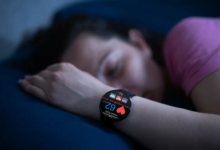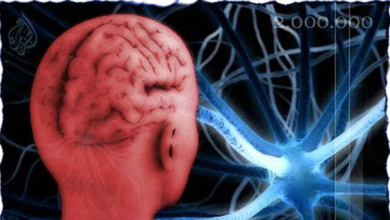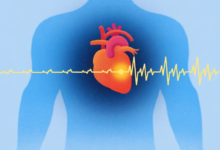Australia Records Second Death from Japanese Encephalitis Virus amid Growing Concerns of Mosquito-Borne Spread

Health authorities in New South Wales, Australia, confirmed on March 6 the second death caused by the Japanese Encephalitis Virus (JEV). The victim, a man in his seventies, contracted the virus while on holiday in the Murrumbidgee region. This case follows the death of another man, also in his seventies, in Sydney last month after visiting the same area in January.
In a related development, Queensland health officials reported the first detection of the virus in mosquitoes collected from Brisbane’s eastern suburbs, according to The Independent. Heavy rainfall brought by the previous Cyclone Alfred is expected to increase mosquito activity, heightening the risk of further spread.
What is Japanese Encephalitis Virus?
Japanese Encephalitis is one of the most serious mosquito-borne diseases and the leading cause of viral encephalitis in many Asian countries. According to the World Health Organization, around 100,000 cases are reported annually.
Although most infections are asymptomatic or mild, severe cases—which occur in roughly 1 out of every 250 infections—can be fatal, with a mortality rate of up to 30%. Between 30–50% of survivors suffer from long-term neurological, cognitive, or behavioral complications. Children under the age of 15 are the most affected.
Spread and Seasonality
The virus is endemic in 24 countries across Southeast Asia and the Western Pacific, placing over 3 billion people at risk. It is transmitted to humans through bites from Culex mosquitoes, commonly found in rural and semi-urban areas, particularly in proximity to pigs, which serve as amplifying hosts.
The virus tends to spread more actively during warm seasons and rainy periods, making weather a major factor in outbreaks.
Symptoms and Treatment
The incubation period ranges from 4 to 14 days. Most cases are either asymptomatic or present with mild symptoms like fever, headache, and vomiting. However, severe cases may involve high fever, neck stiffness, loss of balance, coma, and spastic paralysis, and can be life-threatening.
There is no specific antiviral treatment for JEV; medical care focuses on alleviating severe symptoms. Between 20–30% of survivors experience lasting cognitive, neurological, or behavioral impairments.
Prevention and Vaccination
Safe and effective vaccines are available to protect against Japanese Encephalitis. The World Health Organization recommends integrating the vaccine into national immunization programs in all areas where the virus poses a public health threat.
How Can People Protect Themselves?
The best way to reduce the risk of infection is to prevent mosquito bites by following these precautions:
- Wear protective clothing, such as long-sleeved shirts and long pants.
- Apply insect repellent to exposed skin for prolonged protection.
- Secure the home by ensuring mosquito screens are intact and eliminating stagnant water around the house, which serves as mosquito breeding grounds.
- Exercise extra caution after vaccination, as it takes several weeks for full immunity to develop.








